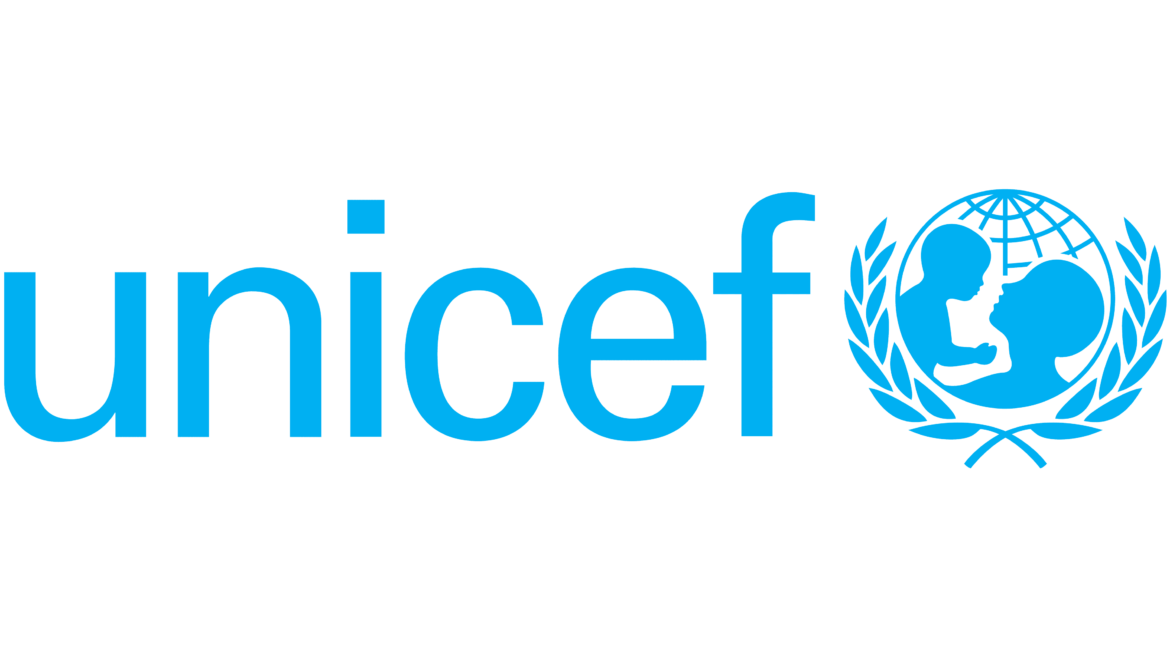By Ibrahim Kado
The United Nations Children’s Fund (UNICEF) has partnered with the Adamawa State Government to graduate no fewer than 4,500 beneficiaries of Technical and Vocational Education Training (TVET) in Hong Local Government Area.
Dr Tusha Rane, Chief of Field Office, UNICEF Nigeria, Bauchi, disclosed this at the graduation of the third batch of 1,500 beneficiaries in Hong on Tuesday.
Rane, represented by Mr Raphael Aiyedipe, UNICEF Education Officer, said the project was funded by the Government of Germany under KFW 2 Project.
He said the project aimed at training 6,000 young adults, female headed households and other vulnerable people who were affected by the insurgency and could not get back to formal schooling due to their current age.
Rane said the first batch started with 1,500 beneficiaries and a second batch of the same had followed, adding that this was the third batch.
“Another fourth batch of 1,500 beneficiaries has been considered in this centre within these few weeks.
“Our goal is to ultimately contribute to improving the economic status of people affected by insurgency in Adamawa State.
“Therefore, beneficiaries are expected to maximise this opportunity to become employers and even train others in their communities” he said.
In his remarks, Dr Garba Pella, Commissioner for Education, thanked and appreciated the contribution of UNICEF and the German Government for the development of education and training opportunities in the state.
Pella, represented by Director Human Capital Development, Mr Mohammed Nasidi, advised beneficiaries to understand the objective of the training and apply the skills acquired into practice.
Malam Bello Nuhu, Coordinator, National Directorate of Employment (NDE), congratulated beneficiaries and advised them to put into use the skills and make a difference in their respective communities.
Abdulwahab Musa, who spoke on behalf of the beneficiaries, thanked and appreciated the state government and UNICEF for the opportunity given to them.
He appealed for starter parks to enable them to continue applying the skills and be employers of labour.
The beneficiaries were trained on six different skills which included; tailoring, poultry farming, shoes and bag making, soap, interlocking, welding and fabrication




